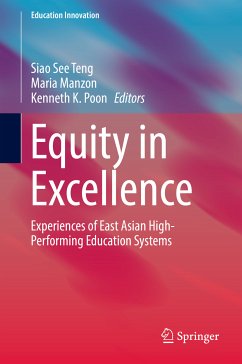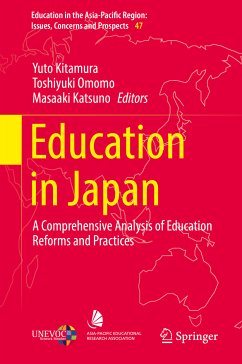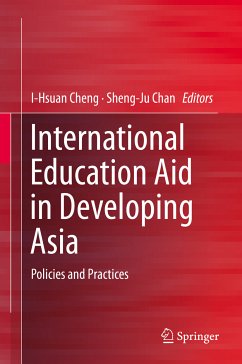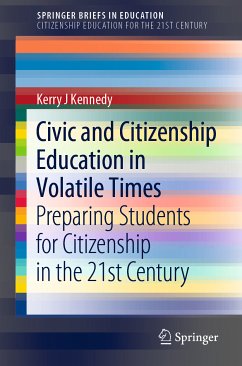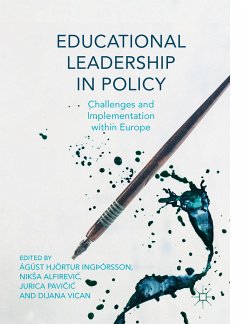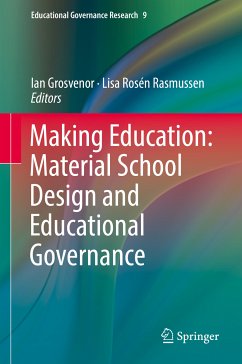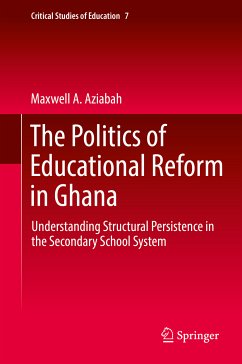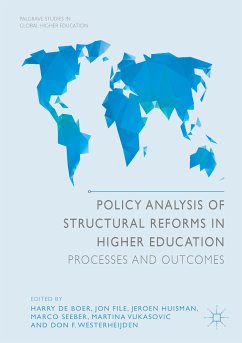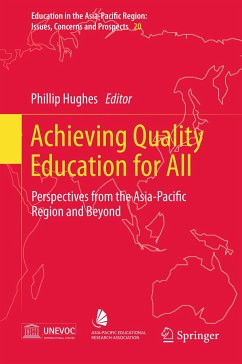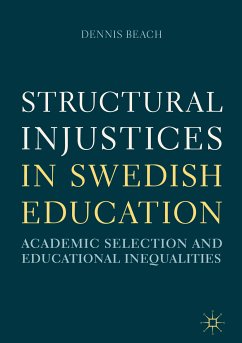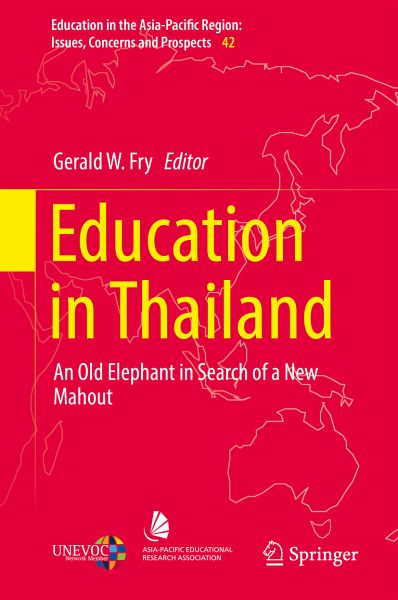
Education in Thailand (eBook, PDF)
An Old Elephant in Search of a New Mahout
Redaktion: Fry, Gerald W.
Versandkostenfrei!
Sofort per Download lieferbar
191,95 €
inkl. MwSt.
Weitere Ausgaben:

PAYBACK Punkte
96 °P sammeln!
This interdisciplinary book offers a critical analysis of Thai education and its evolution, providing diverse perspectives and theoretical frameworks. In the past five decades Thailand has seen impressive economic success and it is now a middle-income country that provides development assistance to poorer countries. However, educational and social development have lagged considerably behind itsglobally recognized economic success. This comprehensive book covers each level of education, such as higher and vocational/technical education, and such topics as internationalization, inequalities and ...
This interdisciplinary book offers a critical analysis of Thai education and its evolution, providing diverse perspectives and theoretical frameworks. In the past five decades Thailand has seen impressive economic success and it is now a middle-income country that provides development assistance to poorer countries. However, educational and social development have lagged considerably behind itsglobally recognized economic success. This comprehensive book covers each level of education, such as higher and vocational/technical education, and such topics as internationalization, inequalities and disparities, alternative education, non-formal and informal education, multilingual education, educational policy and planning, and educational assessment. The 25 Thai and 8 international contributors to the volume include well-known academics and practitioners. Thai education involves numerous paradoxes, which are identified and explained. While Thailand has impressively expanded its educational system quantitatively with much massification, quality problems persist at all levels. As such, the final policy-oriented summary chapter suggests strategies to enable Thailand to escape "the middle income trap" and enhance the quality of its education to ensure its long-term developmental success.
Dieser Download kann aus rechtlichen Gründen nur mit Rechnungsadresse in A, B, BG, CY, CZ, D, DK, EW, E, FIN, F, GR, HR, H, IRL, I, LT, L, LR, M, NL, PL, P, R, S, SLO, SK ausgeliefert werden.



